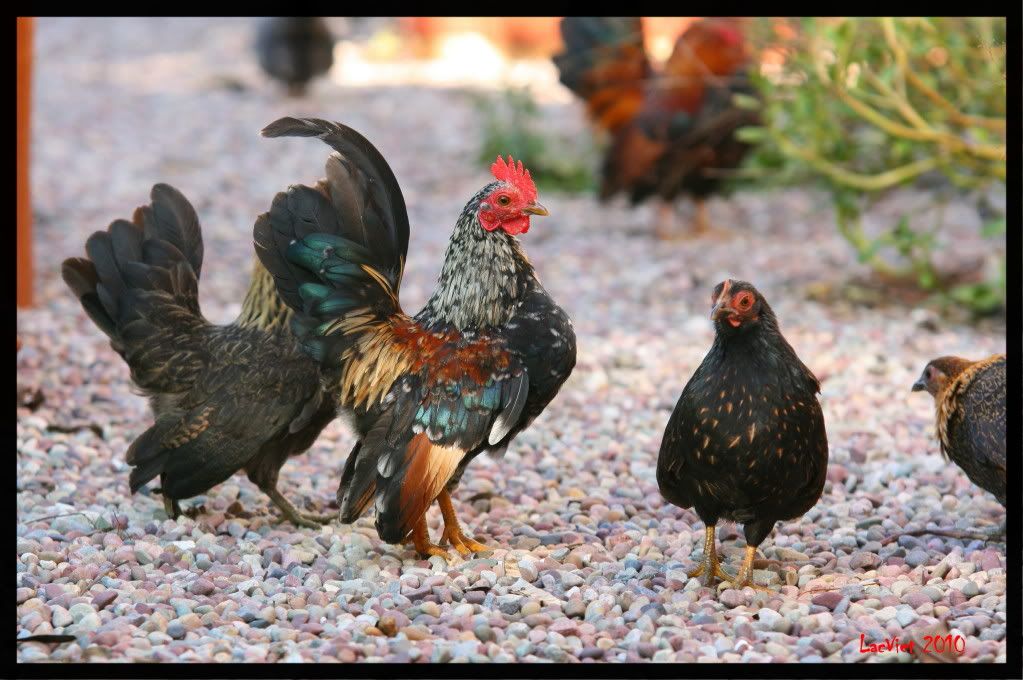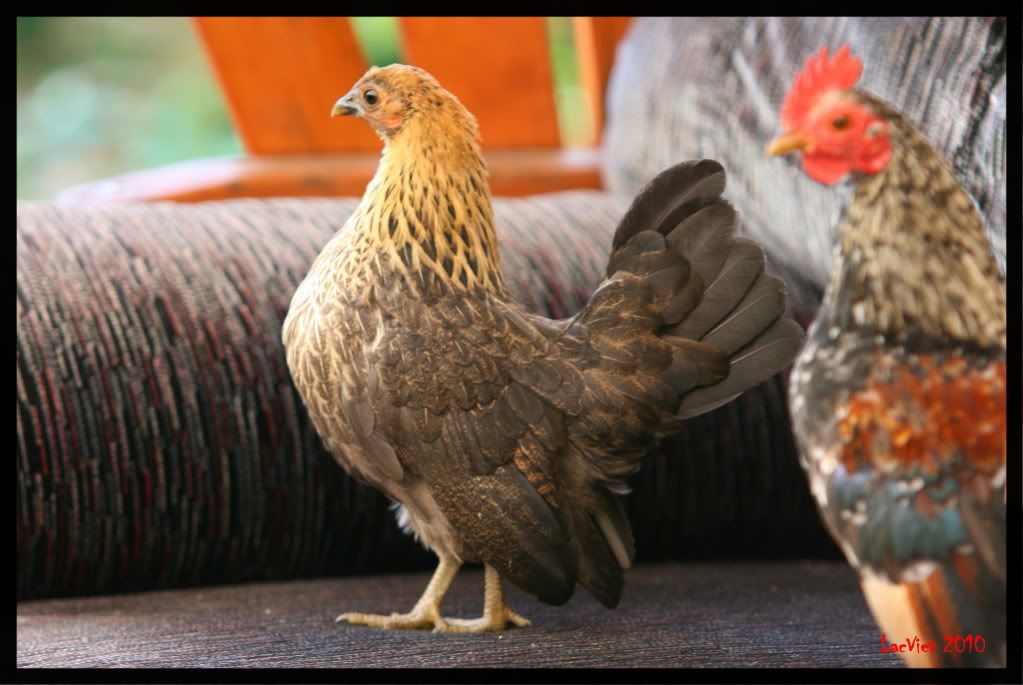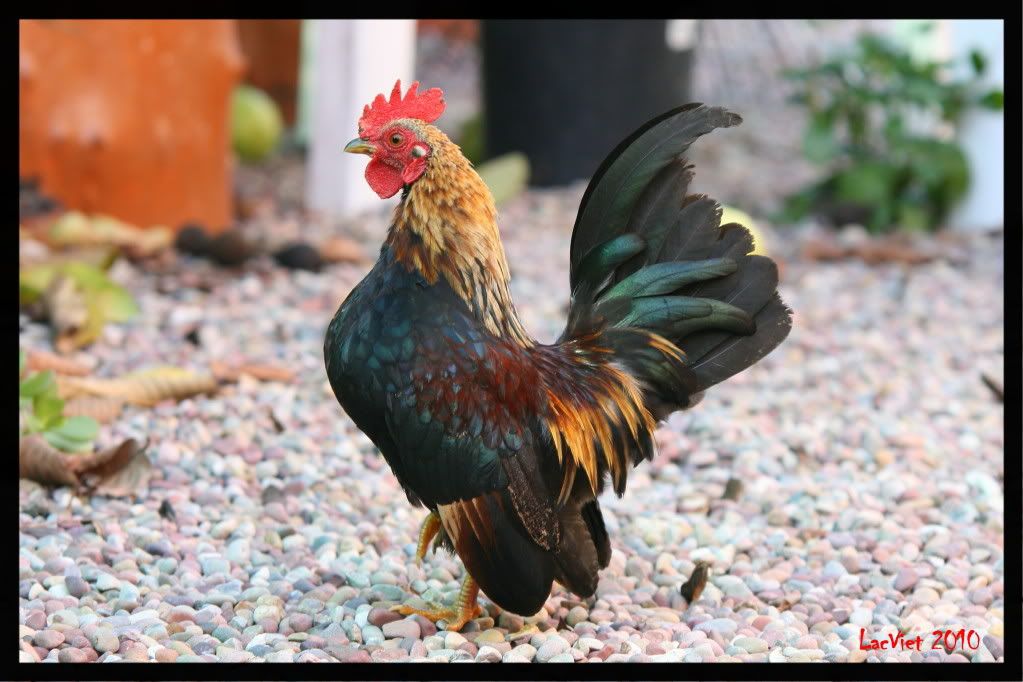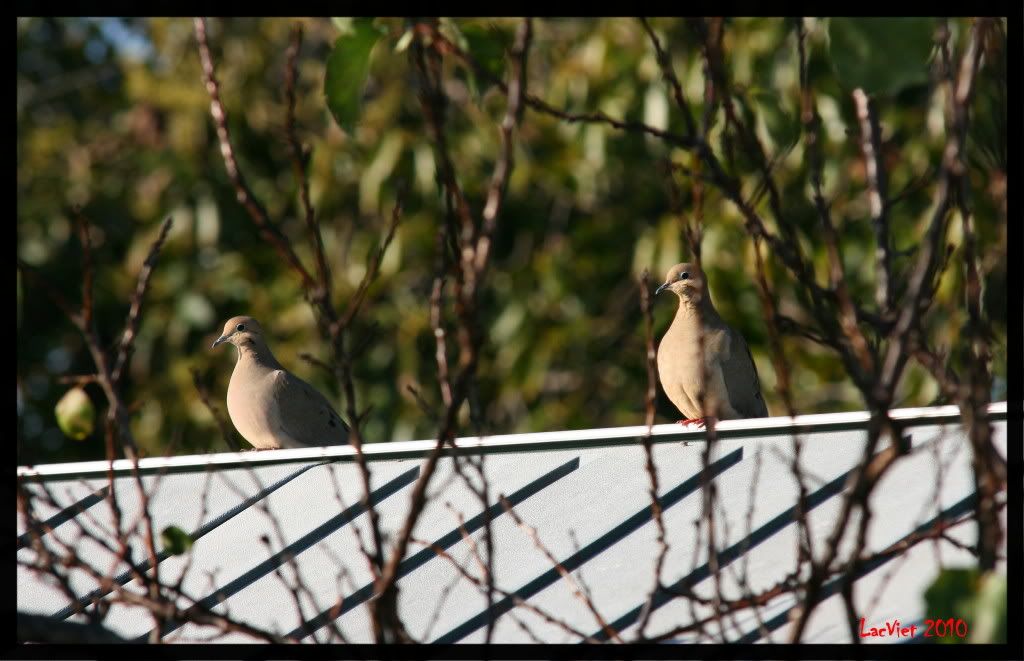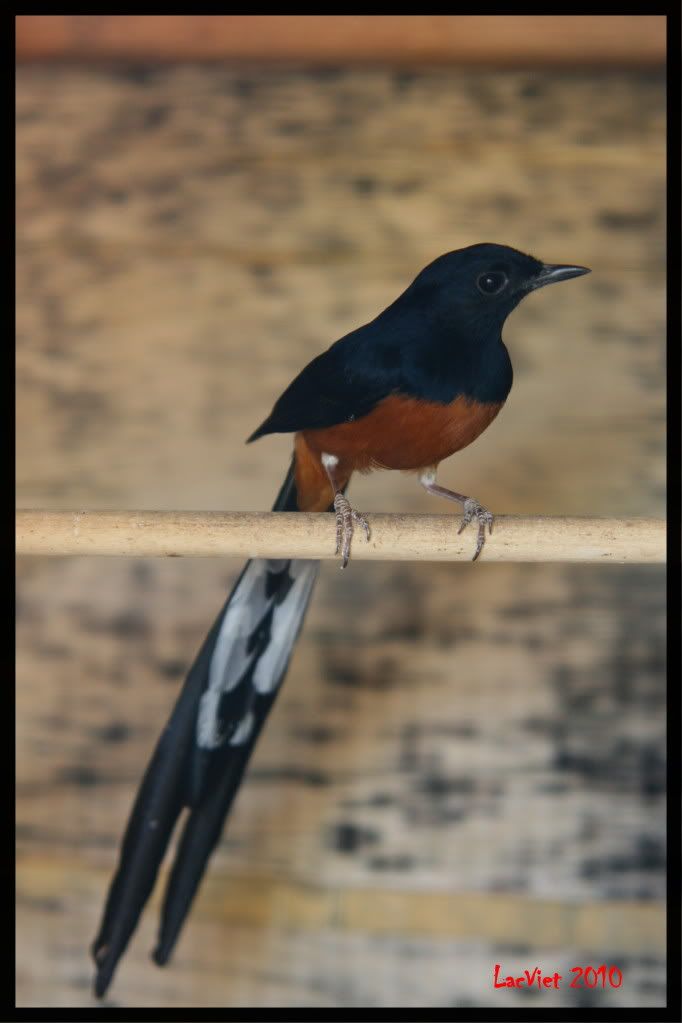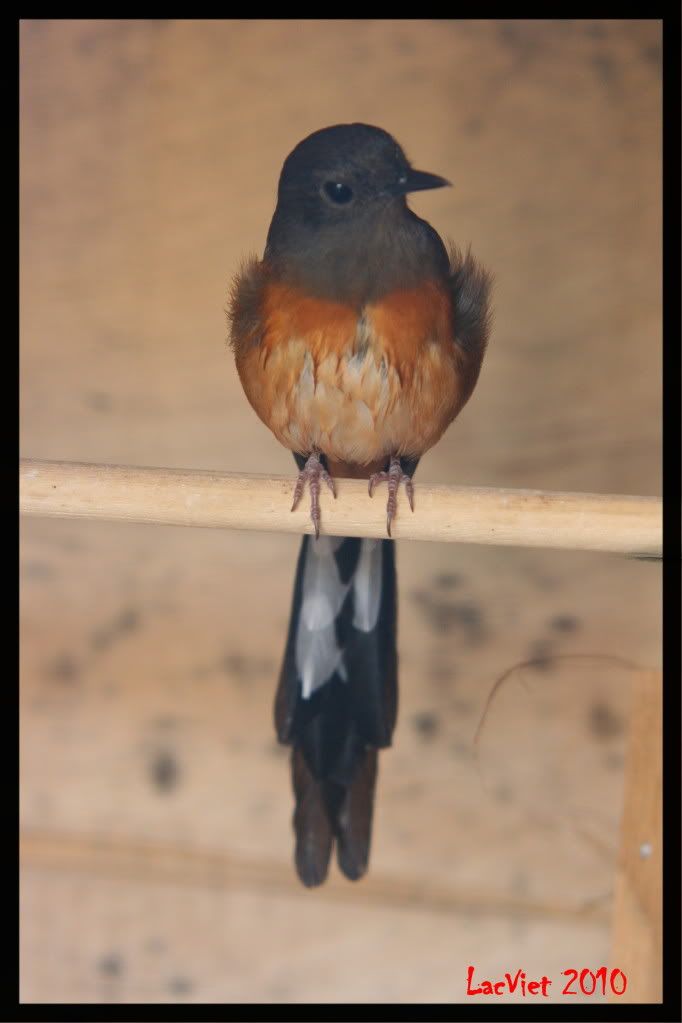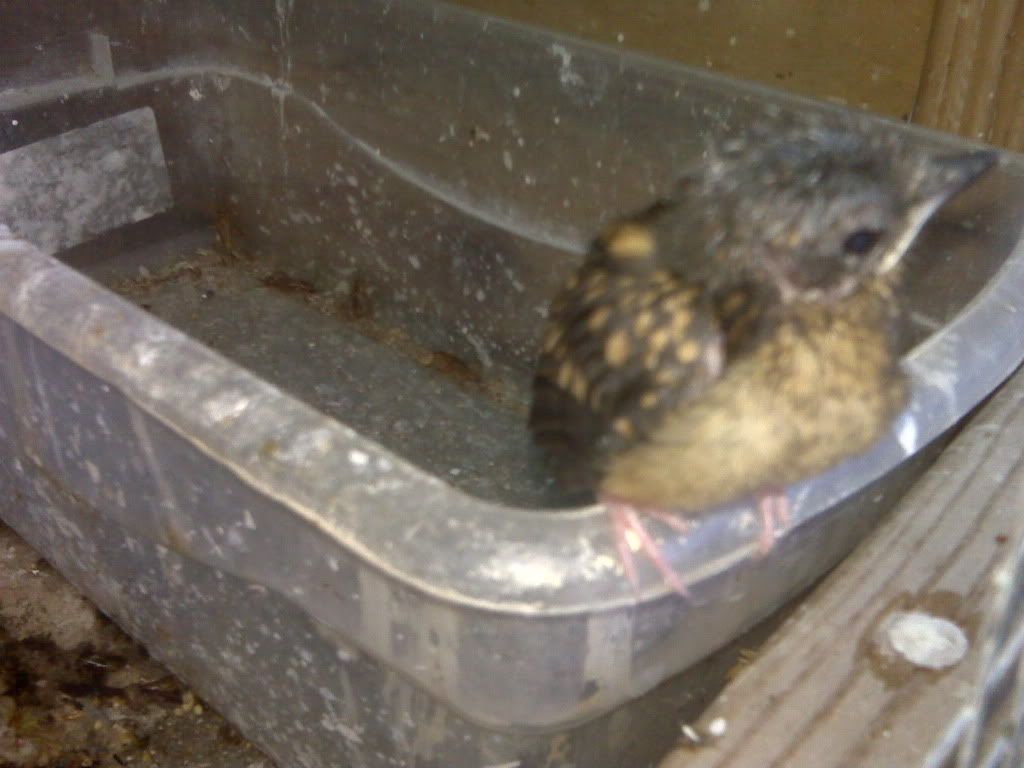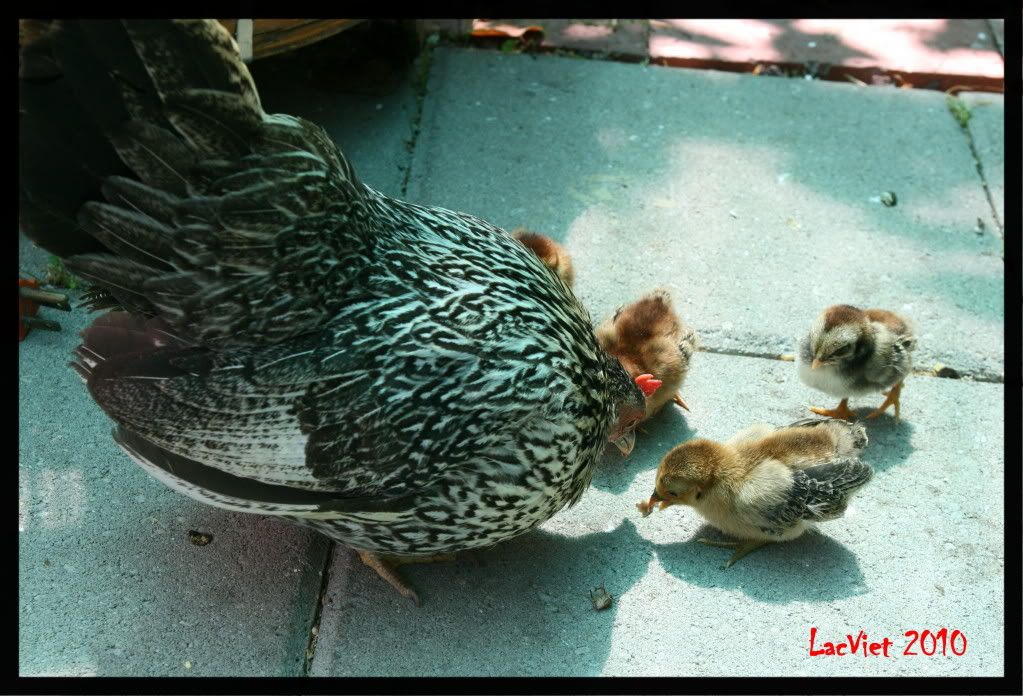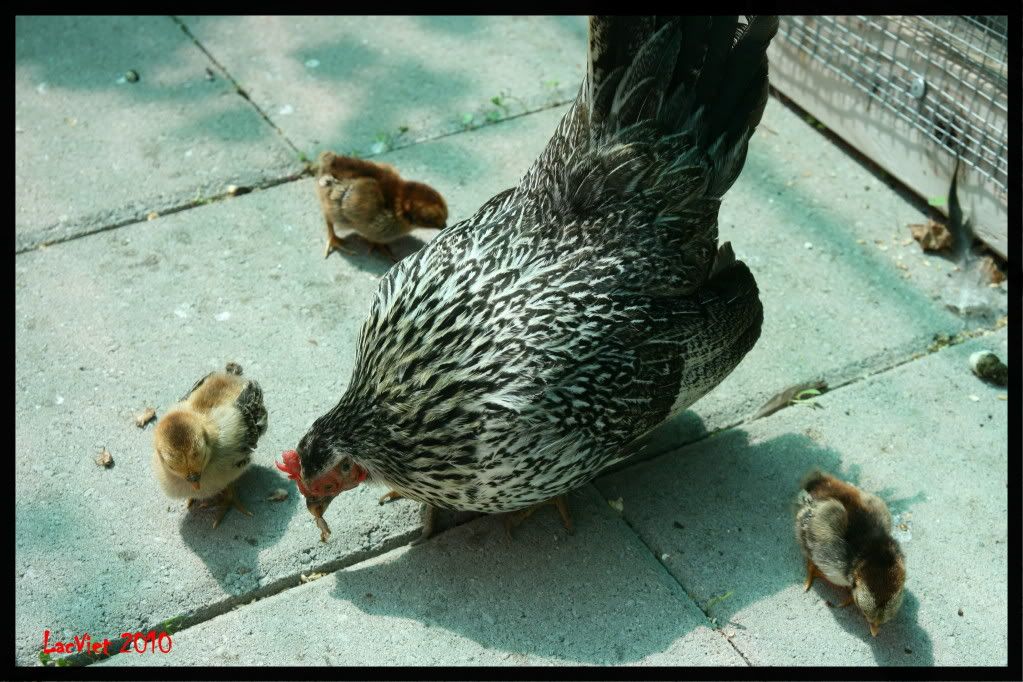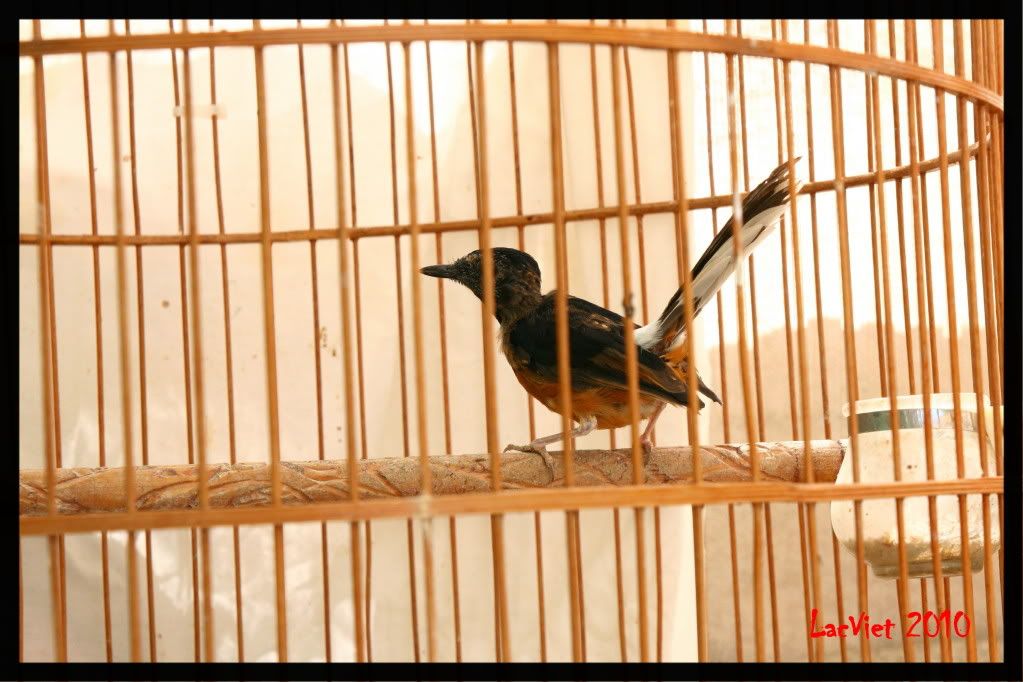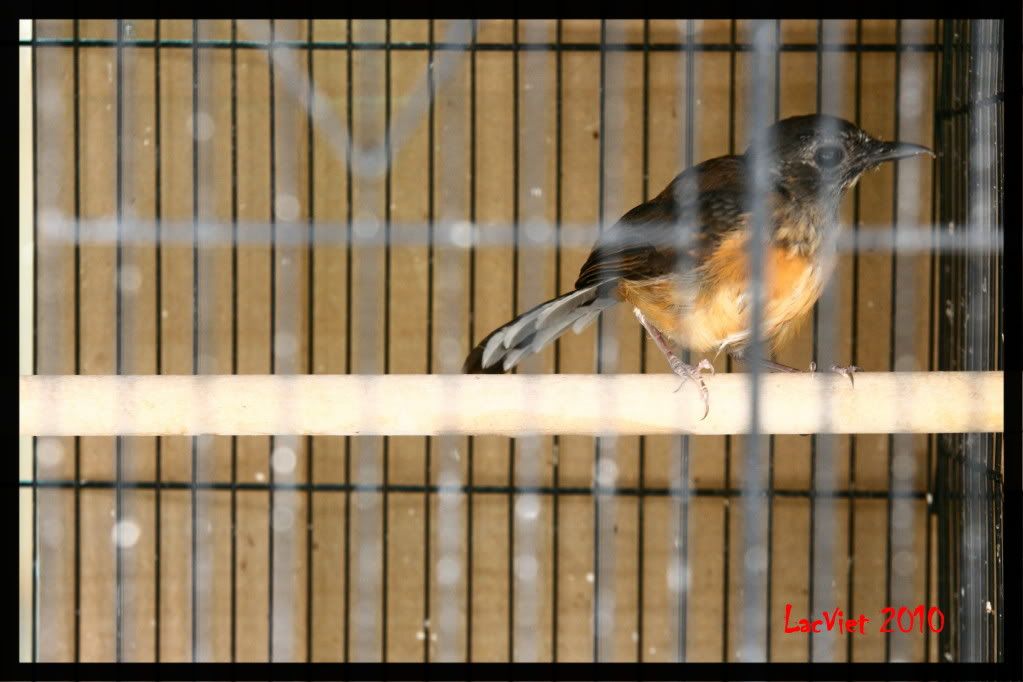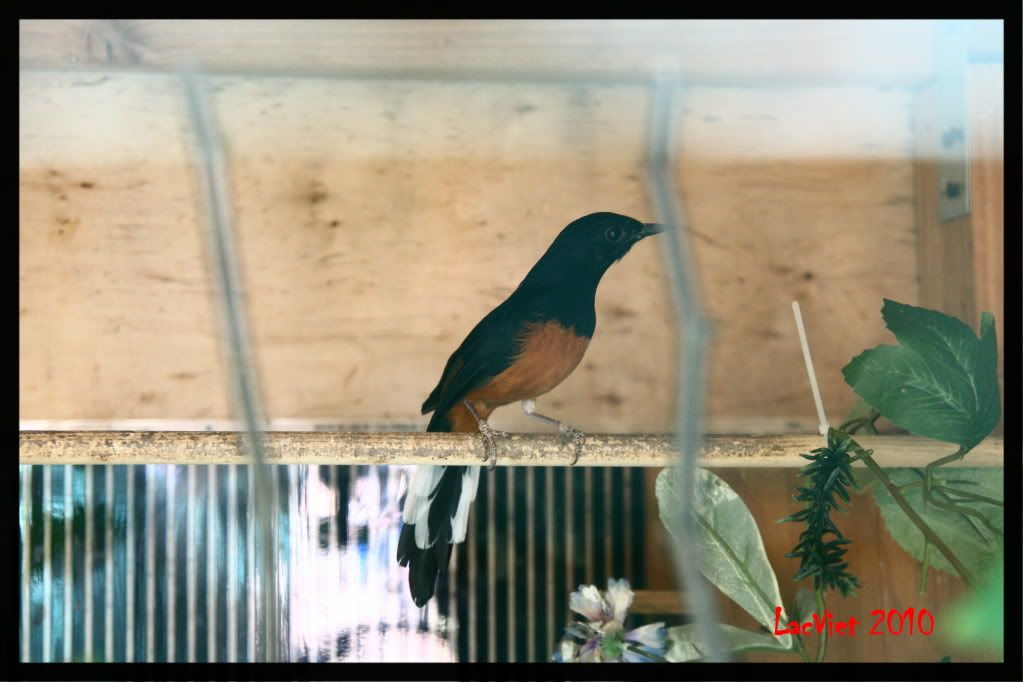Here in beautiful SoCal, the breeding season for songbirds/ softbills is about to start in just about a month or two. Conditioning the birds to be ready for breeding is very important and for those who interest in breeding white rumped shama or any other tropical songbirds, it should start now. Of course, if the birds are feed with high quality diet all year round, then just provide the birds with a bit extra nutrients than normal would be suffice; otherwise, this is the time to improve on the health status of the birds before the breeding season begin.
This year, I probably start the breeding season for white rumped shama a bit later than last year due to busy with work schedule and kind of weir weather here lately. Plus, I start on concentrate on quality than quantity, hehe....
This blog is a repository of information on the White-rumped Shama (Copsychus malabaricus) including breeding information, and other songbirds/pets that I keep from time to time. I can be contacted at lacvietcrct@gmail.com.
Thursday, January 27, 2011
Friday, December 24, 2010
4 months old Serama chicks
These cooks and hens are about 4 months old. They have potential to become a better quality Serama, but overall, they are more pets quality than show quality Serama.
A pair of the Mourning Dove (Zenaida macroura) visit every morning to eat Serana's left over food.
A pair of the Mourning Dove (Zenaida macroura) visit every morning to eat Serana's left over food.
Saturday, November 13, 2010
White-rumped shama chicks of 2010 season
Both of them is almost or just finish their first molt
Male 6 months old
Female, also around 6 months old
Male 6 months old
Female, also around 6 months old
Thursday, November 4, 2010
Tuesday, November 2, 2010
Summary of the 2010 season
This season overall is a good year for me as I am able to have a pair of young chick that have the same or might be better than their parents in term of body shape and tail length. Compare to my friends and everyone else who breeds white rumped shama in the world, my birds are just normal with not thing special but to me they are the best breeding stock I can have at the moment. The best male I have had 8.5in in tail length at his 2nd year. After this molting season, I hope he can attain 9in in tail length. The best female has tail length at 5in. I hope this pair will be the foundation for breeding longer tail shama.
I have lots of babies this year, but also lost quite a few babies starting around mid toward the end of season due to possible virus infected cricket stock that happened here in the US.
I lost one baby male chick that have lots of potential due to predator (hawk).
I also lost the first female shama that produced 7 clutches of eggs two year in a row with lots of babies. Her death is due to my carelessness and sudden cold temperature/ heavy rain right around when she began to molt.
There are only two of the four chicks of the last clutch of the season survive until now. It will be another month or so before they begin to enter molting process.
All my birds are nearly finish or just finish their molting cycle. With the improvement in heat lamp inside each aviary and better protection from rain and predators, I hope next year I won't have any mishap like this year again.
I have lots of babies this year, but also lost quite a few babies starting around mid toward the end of season due to possible virus infected cricket stock that happened here in the US.
I lost one baby male chick that have lots of potential due to predator (hawk).
I also lost the first female shama that produced 7 clutches of eggs two year in a row with lots of babies. Her death is due to my carelessness and sudden cold temperature/ heavy rain right around when she began to molt.
There are only two of the four chicks of the last clutch of the season survive until now. It will be another month or so before they begin to enter molting process.
All my birds are nearly finish or just finish their molting cycle. With the improvement in heat lamp inside each aviary and better protection from rain and predators, I hope next year I won't have any mishap like this year again.
Wednesday, September 29, 2010
Saturday, September 25, 2010
Fall begins yet they are still breeding
Fall season official starts few days ago and to my surprise I recently found out that one of my breeding shama pair has few chicks in their nest. For the last two weeks, I think the breeding season is over and with busy schedule, I didn't watch the birds much except come out to feed and change water. I noticed few empty egg shells on the aviary floor last week but just think they are from previous clutch and the bird just moving them around. Few days ago, I start to hear the chick call and the parents bring food to the nest. So excited! The parents starts to show sign of molting yet still be a dedicate parents and feed their chicks constantly. I love keeping White-rumped shama! :)
Sunday, September 12, 2010
Saturday, September 11, 2010
Another breeding season is end. Birds are molting...
I think the breeding season here in the US is ended already or about to end in just few more weeks. One of the adult male shama is in the molting process. The other shama pairs are still singing with no sign of molting yet. One pair seems to still incubate some eggs. Most of the chicks born this year is in the molting process right now.
Male #1
Female #1
Female #2
Male #2
Male #1
Female #1
Female #2
Male #2
Subscribe to:
Posts (Atom)

